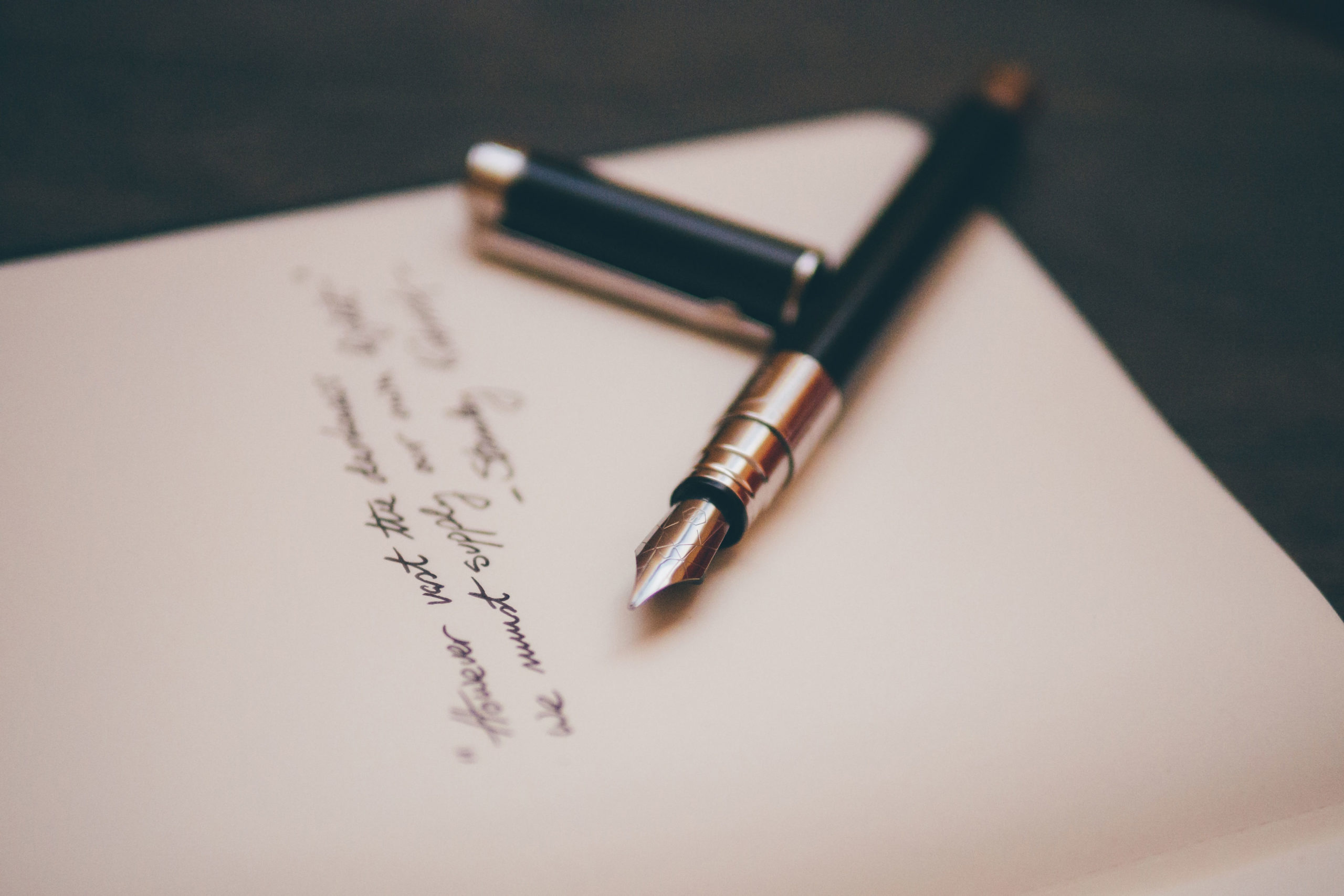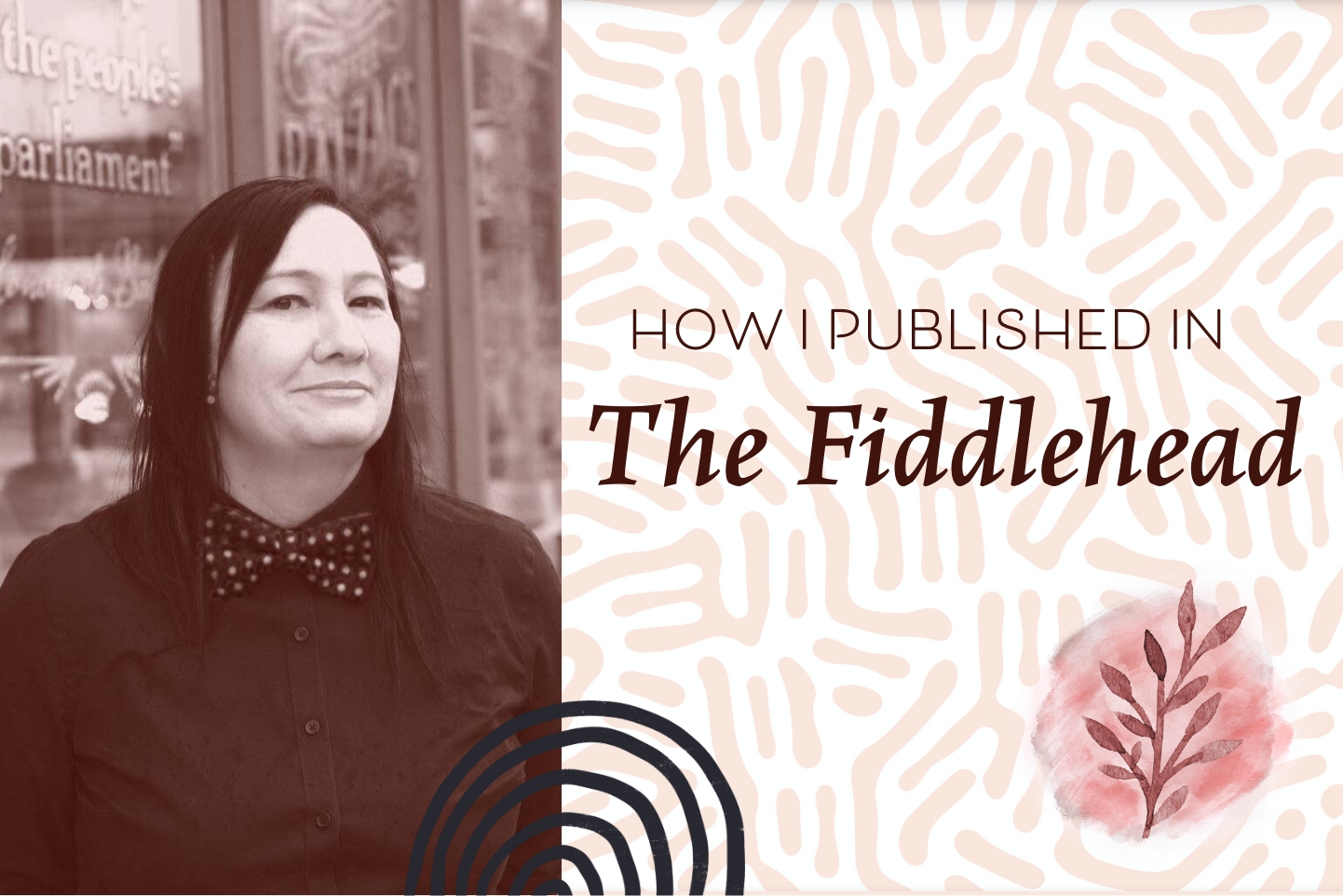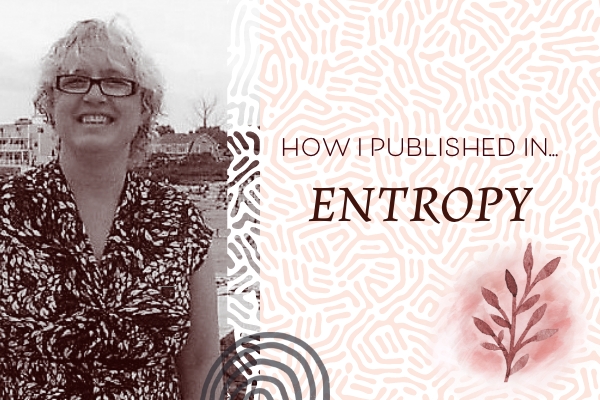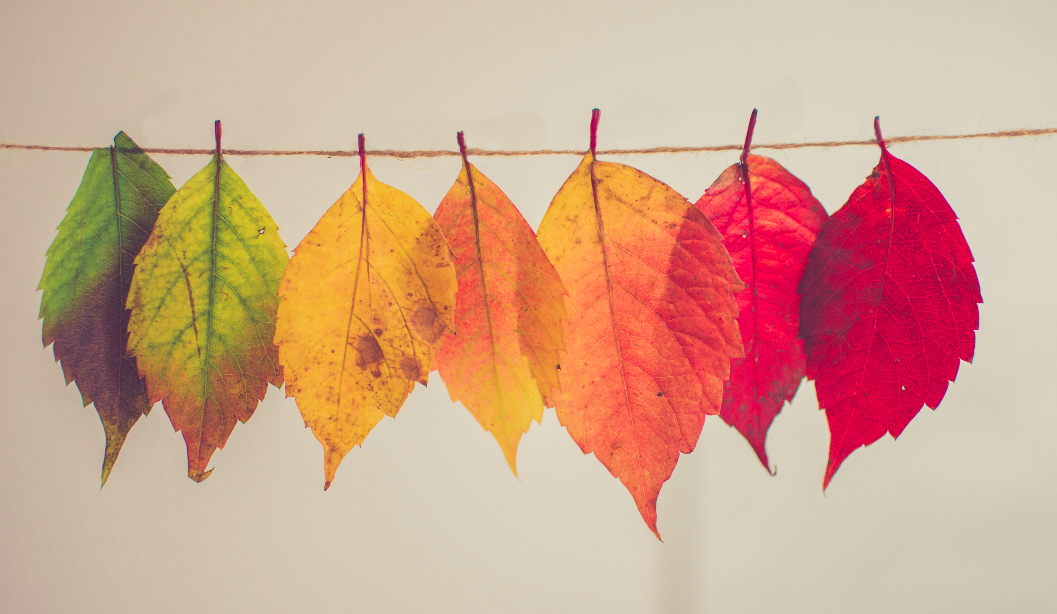For several years after my first book came out, I didn’t write and I’d sometimes wonder in those years, Am I still a writer?
My answer then was a firm no, because I believed the maxim, “Writers write.”
The logic of that phrase is that, if I’m doing the act of writing with regularity only then can I claim the title of writer. If I’m not, I cannot.
Catching up on the phone recently with my friend Julie, she gently called me out for living in “through-time.” I was talking about my plans for six months from now, and she reminded me that six months ago I was doing the same, talking about this moment, the one I was presently in, but not living.
She was right. I spend a lot of my waking hours doing and imagining the future. Some of it is textbook anxiety and some of it simply habit. When I’m not doing, I’m thinking about doing, planning to do, and writing to-do lists.
There is one exception.
When I’m tuned in to the world around me, deeply noticing, and paying attention to all my senses, I am experiencing in-time, fully present at that moment.
In the years when I wasn’t writing, I’d have those in-time moments: cafe visits that became goldmines of dialogue, family holidays where I observed dynamics at the dinner table, walks that inundated me with sights, sounds, and smells that I turned into mental metaphors.
It’s many years after that dry spell, and I now write frequently, but not every day. Yet, there are still days when the same question comes up: Am I a writer?
These moments come up, particularly when I’m concerned about the doing of writing. How much time have I spent writing? How many words have I’ve produced? When was the last time I published?
Days when I pursue writing by pushing forward, I’m living in through-time just doing it to get it done and off my to-do list.
Yet, when I think about the fundamental reasons why I write, I see that writing is an opportunity to wrestle my true self out of the burden of simply doing. So, pushing forward, striving to do, while I’m writing is rather ironic.
The pinnacle moments for me as a writer come when I sit down, pen poised, ready to observe, look for meaning—when I am able to be still enough to express things as they truly are.
That tautology of doing I repeated to myself during my dry spell (“writers write”), isn’t the fundamental truth about writing for me.
While “writers observe and express,” doesn’t have the same pizazz as a statement, it’s far truer. And it means I was as much a writer then as I am now.
Of course, as writers, we don’t only sit back and breathe words onto a page, but the essential requirements of writing, in my books, are stillness and awareness. Writing is a way of being in the world. As writers, we explore everything that piques our interests and excavates our own thinking.
We’re writing when we think about the sunlight reflecting in our gutters and how mystical the light was in the morning. We’re writing when we note a spring melt and the beautiful shapes the snow makes around the drains in the street. We’re writing when we consider how all water runs down to join other water. And like all that water, we’re connected and flowing with our creativity.
We know what rain sounds like on a leaf. We recognize a story when we hear one. We find significance in everything. We obsess. We mull until this mulling overtakes us and our loved ones pull us out of this trance and ask us to talk about something light. And we can’t.
You might be here because you’re caught up in the doing of writing. You might be holding onto that old maxim, “writers write” and beating yourself up for your lack of doing.
I wonder what would happen if you believed that being a writer is the most profound, most important part of the experience of writing?
Could being a writer today mean you take an extra moment to tune-in to the world before you start a composition? Could being a writer today mean no observable output? Could it mean reading aloud the next line that gives you a frisson of joy?
Would you call yourself a writer then?
What if you, too, came to believe that being a writer doesn’t require a level of production? (You could do it ironically since when we’re not worrying about producing, we tend to produce more.)
Me, I believe you are being a writer just by reading this article and committing to deeply understanding the world around you.
Writers Observe and Express
By the way, I believe the tools and resources you have in your head right now are all you need to write your life’s work.
Right now, you might still object to my definition of a writer that doesn’t require doing.
Or you might think, “Okay, fine, I am a writer, but am I a good writer?”
You might question the idea that you have what it takes to write “literary” work.
I believe you have what it takes.
I invite you to think of some of the most glorious writing in the world, writing celebrated because it is honest, fresh, raw, and unpretentious, writing written by beginners who didn’t know better.
We don’t need to be experts to write and publish amazing works. I believe sometimes knowing too much about how writing should be can be detrimental and make writing flat and, frankly, boring.
If you write honestly and with integrity, you will not only sustain your writing practice, because you‘ll be true to who you are, you’ll also much more easily connect with readers.
Because, like us, readers seek a more honest existence, one where they can put their bags down and finally feel at home with the world because they feel understood. Your words can do this, but only if they are your truest.
This is not to say you don’t need to work hard at your writing or eschew feedback for your work. (Most beginning writers need to revise 10 times more frequently than they think.) Feedback from trusted readers is an integral step to creating luminous work that resonates with readers.
What I am saying is that you don’t need to be someone else or take on some other voice or persona to create brilliant, compelling, meaningful work and to make your mark on this world.
In fact, hiding who you are is the only path to failure.
And you, my writer-friend, don’t need to hide. We want to see the true you.
On Writing and Being Seen
When I was ten, I read a choose-your-own-adventure novel where one path led the protagonist to become slightly out of time-sync with the world around her.
Crossing the street meant she had to count how long before the traffic lights changed, then run to the other side the right number of seconds early, or risk being flattened by a later-passing car.
At the time when I read the book, I was an extremely shy child with a rich inner life. And like the choose-your-own-adventure girl, I was often out of step with the world.
This was most apparent in my conversational contributions. I’d reflect too long before answering, or take time to edit my thoughts then miss the right moment to speak. I’d anticipate and laugh at jokes that were unspoken.
In short, I was a delightful little oddball. My dearest uncle once told a friend, “She doesn’t say much, but when she does it’s very interesting.”
Most people did not appreciate my oddities, however. There were eye rolls and smirks. There were adults who found me decidedly uninteresting and said so. There were countless kids who’d already learned to trade their own imagination for conforming, so they policed my peculiarities with mockery.
Today, I often feel the ripple effects of these negative responses when I think about publishing my writing.
Echoes of the derision I faced for how I thought and expressed myself teams up with my inner critic and says: “You’re out of sync. You’re not interesting.”
When that happens, I’ve found the best thing I can do is remember that girl living out of step.
Yes, she learned to time her crossings because she didn’t want to be flattened, but she also found so much resonance and beauty in her own time and way because of how she thought and expressed herself.
No surprise, books saved little oddball-me.
Reading, I learned there were others out there out of step, other people resonating and feeling things as deeply as I did. There were others who were thoughtful before they said anything, who laughed at the jokes that hadn’t yet been spoken.
And reading lead me to writing, which now tints all of my life. It colours how I pay attention to things. How I tune in. It gives a rich warm filter to when I take time to reflect, empathize and understand, through all the reading I do, or by puzzling things out in my early drafts.
Often writers I work with will share how they, too, fear they might be out of step or uninteresting.
They ask, “Does my voice have a place?” They’re tempted to try and stay in sync with everyone else moving around them.
But in writing, when you do things in your own time, in your own way, there is such integrity in staying in step with yourself. Writing in your own way, in your own style, on your own terms, in your own time is one way to fight those feelings—to feel whole. Especially when the bad ripples of the past and the negative self-talk wash over you.
For one—and it’s an important one—it connects us with others who feel out of step, too. Most of us feel out of sync and alone at times.
This is also why a writing community is so important. When we reach out to other writers, we find our kin, people who also observe things, who also want to understand things deeply. When we connect with these people, we help each other pursue this strange counter-culture, rather anti-capitalist thing we’re doing (err…undoing?).
Can you make a pact to love your inner oddball? Can you remember the affirming voices that truly love you as you are? (“She doesn’t say much, but when she does it’s very interesting.”)
If yes, you can shake off thoughts that your writing doesn’t matter. Because it does. We need your honest voice in the world.
P.S. I’d love to hear how writing has coloured your life and what ripples you are making with your words.





